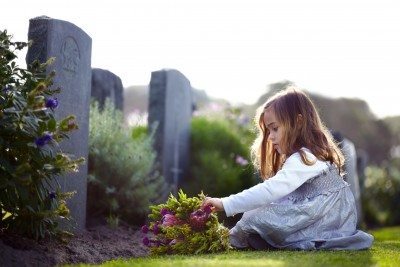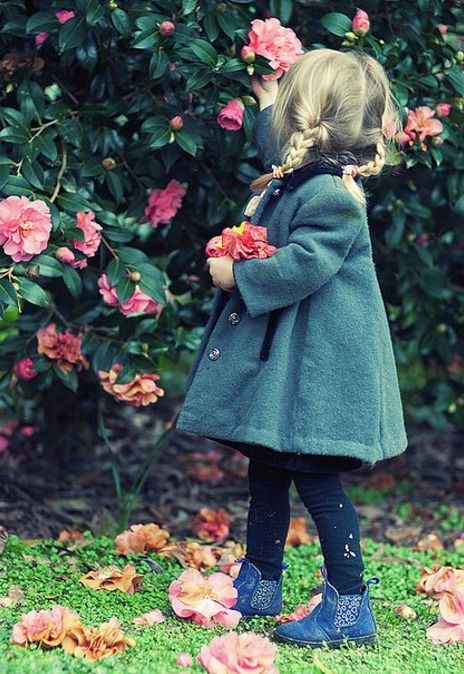“Death is nothing more than abandoning the physical body, the same way as the butterfly leaves its cocoon” (Elisabeth Kübler-Ross).
As babies already, children begin to feel affection for someone and, therefore, are capable of experiencing the loss of their closest family members. When they suddenly have to deal with death, it is necessary to offer them all the possible help, so that they will be able to process it. The American researcher Clarissa Ann Willis emphasizes the damage which could cause leaving them with someone outside the family and, by doing so, no letting them take part in the funeral and everything that has to do with it. This way, although with the best intentions, they could feel excluded and it would be more difficult for them to understand death. Recently, a friend told me that at the age of five, when her grandfather died, no one explained what was happening and she kept thinking for many years that he would come back home at any moment.

In general, the level of understanding the meaning of death depends on the experiences, the personality of the child and its age. Although there exists discrepancy among the scientific studies on this subject, it can be said that, little by little, children from 6 to 9 become aware of the fact that death is irreversible. This way, if they wish, taking them to the mortuary or funeral gives them an opportunity to say goodbye to the person, think about it and feel it.
The Dutch association Achter de regenboog (After the rainbow), founded in 1993 with the intention to help children and teenagers who have suffered the death of a loved one, insists on the importance of letting them participate in the funeral. They consider it to be essential to assign them a particular role, like by making a painting for the deceased, painting the coffin, picking flowers, releasing balloons, lightening a candle, playing music, singing or reading a poem. They also suggest to compose a commemorative book together, in which they can put pictures or other memories which remember them of that special person.

Especially the memorial services, which are completely personalized ceremonies respecting the identity of the honored person and the wishes of his or her family and friends, are suitable to give the children an opportunity to attend and intervene if they wish to do so. In general, they are celebrated in a more relaxing context, not established by protocol, in which there is space for creativity and imagination, two inherent qualities in children.

